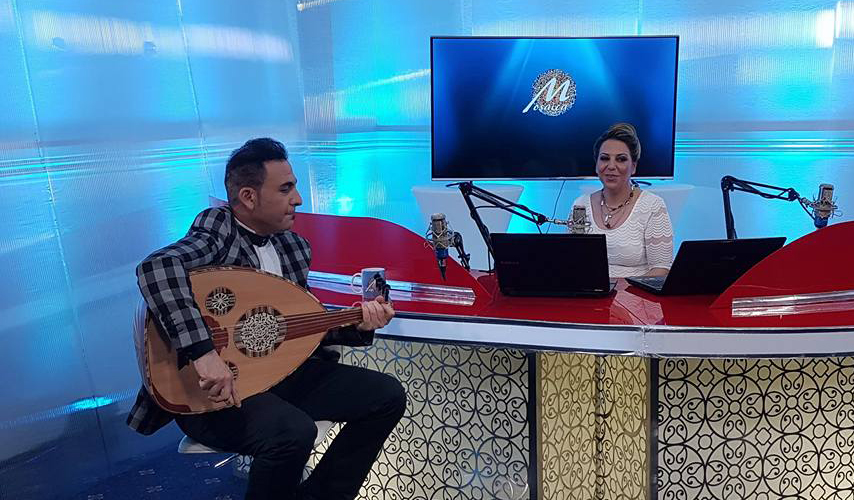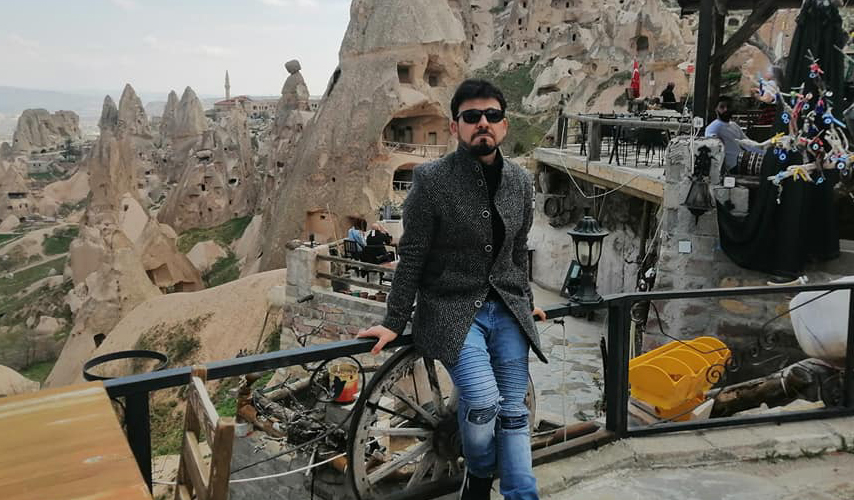
Music is a universal language that transcends borders and connects people across different cultures. In Iraq, music holds a special place in the hearts of its people, playing a vital role in the country’s rich and diverse cultural tapestry. This article explores the significance of music in Iraqi culture, delving into its historical roots, the diverse musical genres, and the influences it has had on the nation’s identity.
Historical Roots of Iraqi Music
Iraq is a universal language that transcends borders and connects people across different cultures. In Iraq, music holds a special place in the hearts of its people, playing a vital role in the country’s rich and diverse cultural tapestry. This article explores the significance of music in Iraqi culture, delving into its historical roots, the diverse musical genres, and the influences it has had on the nation’s identity.
One of the most iconic musical instruments associated with Iraq is the oud, a pear-shaped stringed instrument that is often referred to as the predecessor to the modern guitar. The oud’s enchanting sound has been a constant companion in Iraqi music for centuries.
Diverse Musical Genres
Iraqi music is incredibly diverse, reflecting the multitude of ethnic groups and cultural influences that have shaped the nation over the years. Here are some of the prominent musical genres that have thrived in Iraq:
Maqam: The Heartbeat of Traditional Music
Maqam is the cornerstone of traditional Iraqi music. It is a complex system of melodic modes and rhythms that dictate the emotional content of a musical composition. Maqam serves as the framework upon which Iraqi musicians build their compositions, allowing them to convey a wide range of emotions, from joy and love to melancholy and nostalgia. It is often accompanied by poetic lyrics, making it a potent medium for storytelling and self-expression.
Chalghi and Rahbani Music: The Sounds of the Streets
Chalghi and Rahbani music, also known as urban folk music, are the musical expressions of the common people. They draw from the daily experiences and struggles of working-class Iraqis. These genres feature simple melodies and lyrics that resonate with the average person, often touching on themes of love, hardship, and resilience. Chalghi and Rahbani’s music serves as a reminder of the power of music to unite communities and give a voice to the voiceless.
Maqam-al-Iraqi: A Fusion of Styles
Maqam-al-Iraqi is a genre that encapsulates the diversity of Iraq’s musical heritage. It fuses elements of classical maqam with folk and regional styles. This blend of traditions creates a unique and dynamic musical experience that represents the multicultural essence of Iraq. Musicians in this genre often experiment with various instruments and vocal techniques to create a rich, harmonious sound.
Iraqi Pop Music: A Modern Evolution
Just as in any other country, Iraq has seen the evolution of popular music. Iraqi pop music has its own unique flavor, combining contemporary sounds with traditional elements. It often features modern instruments and production techniques, making it more accessible to a broader audience, including younger generations.
Influences on Iraqi Identity
Music has always been deeply interwoven with the fabric of Iraqi society, impacting various aspects of life and identity. Here are some insights into how music has influenced Iraqi culture:
Preservations of Traditions
Iraqi music has played a crucial role in preserving cultural traditions. It serves as a link to the past, connecting younger generations with the heritage and history of their ancestors. Through music, stories, and values are passed down, ensuring that the richness of Iraqi culture endures.
Fostering Unity and Diversity
Iraq is a diverse nation with a mosaic of ethnicities, religions, and languages. Music has the unique ability to transcend these divisions, uniting people under a common cultural umbrella. Festivals and musical events bring together Iraqis of various backgrounds, fostering a sense of unity and shared identity.
Cultural Diplomacy
Iraqi music has the power to transcend borders and serve as a form of cultural diplomacy. It connects Iraq to the wider Arab world and beyond, fostering relationships with neighboring countries and promoting international collaboration. The exchange of musical ideas and talent has the potential to create bridges and strengthen diplomatic ties.
Renowned Iraqi Musicians and Their Impact
Several Iraqi musicians have left an indelible mark on the world stage, showcasing the country’s musical talents and unique cultural heritage. Here are a few notable figures:
Farida Muhammad Ali: A Voice of Tradition
Farida Mohammad Ali is a renowned Iraqi singer celebrated for her mastery of maqam and traditional music. Her powerful and emotive voice has touched the hearts of many, both in Iraq and around the world. Farida is a custodian of Iraqi musical heritage, preserving and promoting the ancient art of maqam.
Ilham Al-Madfai: The Father of Iraqi Pop
Ilham Al-Madfai is a pioneer in the realm of Iraqi pop music. His fusion of traditional Iraqi melodies with modern pop elements has made him an iconic figure. His music resonates with generations of Iraqis, providing a sense of nostalgia and connection to their roots.
Naseer Shamma: The Oud Virtuoso
Naseer Shamma is a world-renowned oud player who has pushed the boundaries of the instrument. He founded the Arab Oud House, an institution dedicated to the preservation and promotion of the oud’s legacy. Shamma’s innovations have earned him international recognition and have contributed to the global appreciation of the oud.
Music in Contemporary Iraq
In recent years, Iraq has seen a resurgence of interest in its traditional music and cultural heritage. Despite the challenges posed by conflicts and social change, Iraqi musicians and enthusiasts are working tirelessly to keep their musical traditions alive. Organizations and initiatives have emerged to support and promote Iraqi music, both at home and abroad.
Takeaway
Music is an integral part of Iraqi culture, serving as a bridge between the past and the present, a source of resilience in times of adversity, and a symbol of unity and diversity. The role of music in Iraqi culture is a testament to the enduring power of art to transcend borders and bring people together.




